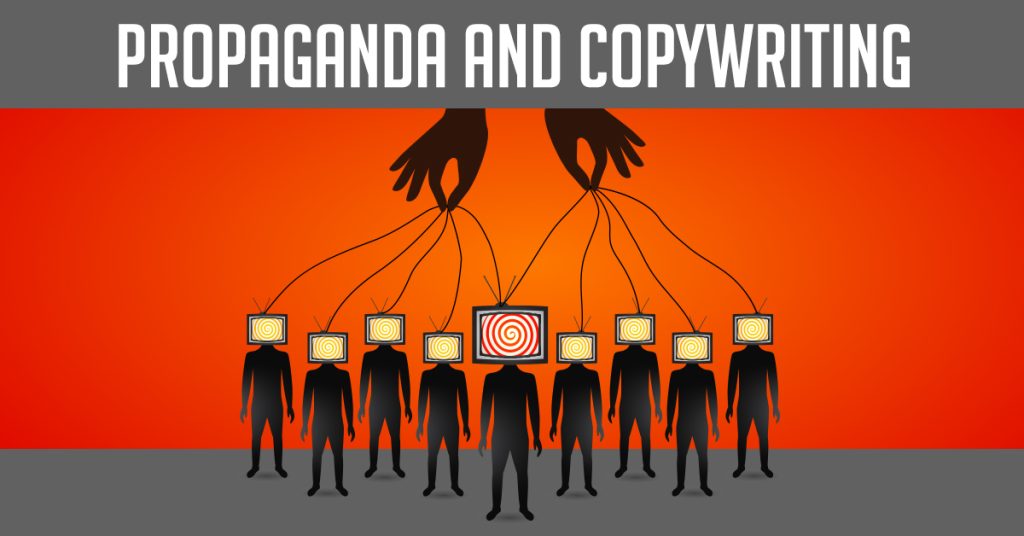I recently read a book called Propaganda, The Formation of Men’s Attitudes by Jacques Ellul.📖

It also blew my mind.🤯
Today, I want to focus specifically on one topic from the book that's especially pertinent to copywriting.
Towards the end of the first chapter (which is 80+ pages into the book)…
Ellul discusses the difference between “Rational” and “Irrational” propaganda…
Arguing that “Rational” propaganda that provides logic, stats, data, figures etc. can have value…
But only to the extent that it then impacts an individual’s emotional, irrational response to it.
Let me give you a few key passages here to further elucidate what I mean:
“It is exactly the same with all rational, logical, factual propaganda. After having read an article on wheat in the United States or on steel in the Soviet Union, does the reader remember the figure and statistics, has he understood the economic mechanisms, has he absorbed the line of reasoning? If he is not an economist by profession, he will retain an overall impression, a general conviction that “these Americans (or Russians) are amazing…They have methods…Progress is important after all” and so on.
—
“Similarly, emerging from the showing of a [Propaganda] film, he forgets all the figures and logical proofs and retains only a feeling of rightful pride in the accomplishments of [his Nation/Group]. Thereafter, what remains with the individual affected by this propaganda is a perfectly irrational picture, a purely emotional feeling, a myth. The facts, the data, the reasoning – all are forgotten, and only the impression remains. And this is indeed what the propagandist ultimately seeks, for the individual will never begin to act on the basis of facts, or engage in purely rational behavior. What makes him act is the emotional pressure, the vision of a future, the myth.”
—
“This claim may seem shocking; but it is a fact that excessive data do not enlighten the reader or the listener; they drown him. He cannot remember them all, or coordinate them, or understand them; if he does not want to risk losing his mind, he will merely draw a general picture of them. And the more facts supplied, the more simplistic the image. If a man is given one item of information, he will retain it; if he is given a hundred data in one field, on one question, he will have only a general idea of that question. But if he is given a hundred items of information on all the political and economic aspects of a nation, he will arrive at a summary judgement – the Russians are terrific!” and so on.”
—
“A surfeit of data, far from permitting people to make judgments and form opinions, prevents them from doing so and actually paralyzes them. They are caught in a web of facts and must remain at the level of the facts they have been given.”
—
Now how does this apply to copywriting?
1. It reminds us to not lead off our copy with statistics.
2. Also, if you bombard your prospect with stats, they’ll shut down.
They become paralyzed. They may indeed “leave” your copy with a general feeling or impression, but it’s unlikely they’ll take a positive action like buying/converting. They won’t know where to focus or what to do next.🤔
3. This is also why, beyond stats, it’s so important that your copy has one Big Idea.
One central thesis that is easily understandable and that your prospect can easily retain and then share with others.
In the case of propaganda, if the goal is to create inaction, then multiple data points are best…
But if we want to create a positive ACTION, then the focus should be on proving one central claim, making one specific promise, and doing so in the most simple and elegant way possible.
I could go on, but hopefully, this makes sense and is valuable to you.
– SPG
P.S. This post originally came from an email I sent to my private list. If you want to see more stuff like this from me, you can apply to join my list using this link
